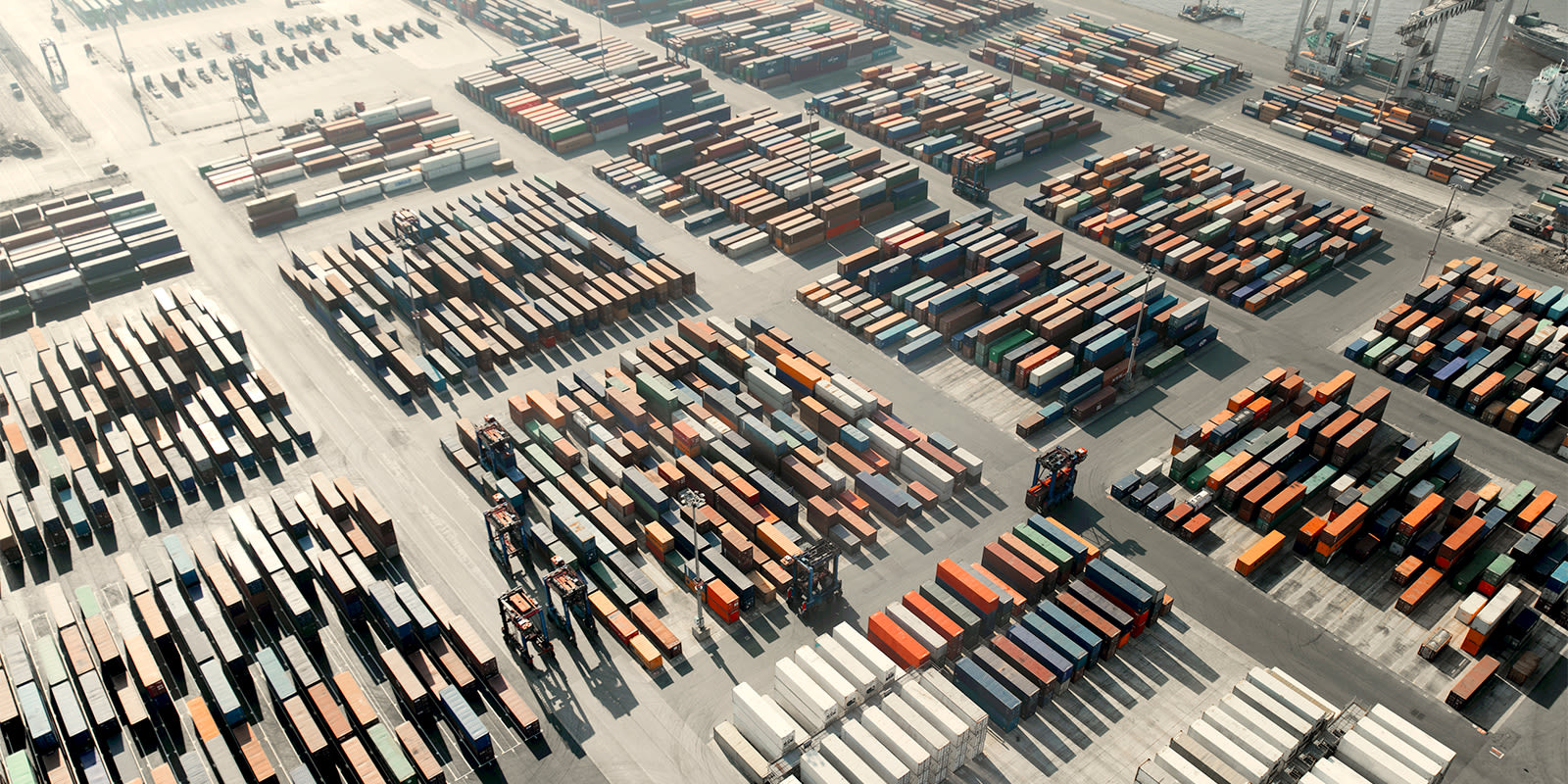
September 29, 2020
6 Steps to Take Now to Prepare for Brexit
Tags:
6 Steps to Take Now to Prepare for Brexit

September 29, 2020
Nine months on from Britain officially leaving the EU, negotiations continue regarding rules for what the new UK/EU relationship will look like. Yet with the December 31 deadline fast approaching, there have been so many twists and turns in the journey that it’s easy to feel confused about how Brexit might impact businesses going forward.
To help dispel some of that confusion, Flexport recently held a webinar co-hosted by its Chief Economist Phil Levy and UK General Manager Christos Chamberlain. The two were joined by Senior Research Fellow at the Centre for European Reform Sam Lowe for a look at the key developments to date and how trade will be affected in 2021. Below are highlights from that discussion.
What If there Is No Deal by the End of 2020?
During the webinar, attendees were asked what they think will happen in UK/EU negotiations by the end of the year.
Nearly half (48.1%) expect there will be another extension and that businesses will keep trading as they do today.
However, Lowe discounted this assumption, believing that it is unlikely that the status quo will remain intact from January onward. In fact, the UK government is already starting work on some of the investment and planning needed to support businesses post Brexit. Two examples include a new customs clearance center and a lorry park being built at the Kent border.
Where Will Brexit Lead Trade?
Discussions are still very open, with the UK pursuing a relationship that removes tariffs and quotas, but that may lead to an increase in regulatory barriers to trade and customs declarations. As the UK government prepares for another crucial week of trade talks in Brussels, questions remain around regulatory alignment, trade in services, and the Northern Ireland border.
What We Know Today that Will Shape Future Trading
All of this uncertainty makes becoming ‘Brexit ready’ a particular challenge for companies. Many have repeatedly worked on Brexit plans, only to shelve them as new developments have occurred.
Deal or no deal, there will probably be more trade friction in the future. While a deal may remove all tariffs and quotas, it would be very unlikely to remove non-tariff barriers to trade. For instance, businesses will need to complete new import, export, and security declarations; and products of animal origin will be subjected to physical inspections, as well as identity and document checks.
Organizations will be wise to prepare ahead for the transition.
6 Practical Steps to Take Now
1. Customs changes: In Jan 2021 the UK will move to a new tariff structure that aims to make it easier and cheaper to get imports into the UK. Get familiar with this structure and understand the tariffs to be applied.
2. Legal entities: A post-Brexit UK company will not be considered an established EU entity. As a result, it will need to set up a new legal entity in the EU or to seek alternative forms of customs representation. Businesses can start looking at the structure of any current legal entities now.
3. Terms of sale: Incoterms define who arranges for payment and handling of goods. And, one of the obligations it deals with is who is responsible for clearing customs. Understand now who is responsible for Incoterms in all of your trading agreements and the implications.
4. Movement of goods: There is no doubt that the admin requirements of processing shipments will increase, leading to fears of congestion at UK borders. Consider the business impact and explore how available customs reliefs could apply to you.
5. Operational impact: Now is a great time to assess other operational impacts such as with supply chains. Understanding the situation makes it easier to put contingency plans in place in the event of a hard Brexit.
6. Deferred VAT accounting: If the UK leaves the EU without a deal, importers would be required to pay import VAT at the point of entry into the UK. To avoid resulting cash flow issues, the government has agreed to declare the VAT on the return rather than upfront. This applies to imports from both EU and non-EU countries. Be sure to understand these options.
As the Brexit negotiations race toward their deadline, more will be revealed. For now, be sure to focus on becoming as Brexit-ready as possible before a final agreement is made.
You can can catch the full recording of this recent discussion here. And, to learn more about customs and other trade concerns, attend FORWARD20 by Flexport, a free virtual event on October 14.
About the Author

September 29, 2020


